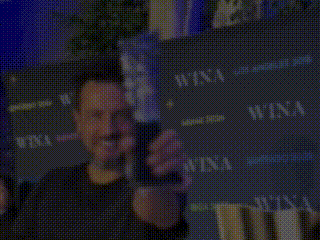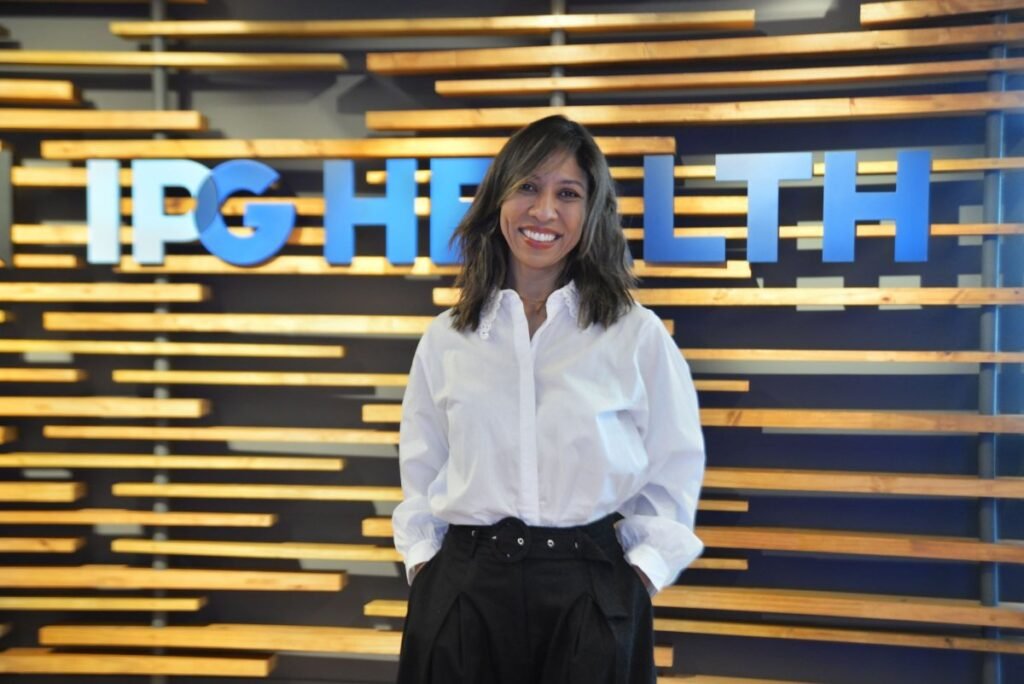Alessandra Gomes, Creative Director in McCann Sao Paulo.
You won Gold and the Grand Prix with the case “Mother’s Milk Donate Glass Bottle” at the 2022 Luum Awards. But what was this campaign’s greatest achievement?
The greatest achievement of this campaign has undoubtedly been to bring to light the problem of breast milk wastage. About 30% of what reaches milk banks is lost through the use of inappropriate packaging. We are talking about something very rich and important. Every drop that we can save in this process brings us an immeasurable return, because, after all, we are talking about the attempt to save the life of an extremely premature infant.
McCann Health Sao Paulo and Japan, took home important gold medals at this year’s Luum Awards. Is the “creative recipe” the same in Japan and Brazil? Or does each network think local when it comes to health issues?
Our common creative foundation is what drives us as an IPG Health group: to make the world better than we found it, our “obsession” to use technology, data and creativity to impact behaviors for better health. Based on this, our “recipe” is based on a local look at the culture and needs of our customers and partners to actually meet what they need.
Would you like to manage consumer brands? Or are you comfortable in the Health category?
New challenges are always welcome, but I have a real passion for the healthcare category. I’ve been working in this area since the beginning of my career, and it’s been more than 20 years. We always put our ideas in order to make people’s lives better, and the result of this is very gratifying, because in some cases, as in the “Mother’s Milk Donate Glass Bottle”, we are ultimately talking about saving lives. There’s no way I can’t be very happy working in health!
What is the most complex thing about creativity in health and pharma advertising?
The advertising market focused on health has many specific challenges, from what is possible to advertise to the legislation that implies this communication. Any mistake that in consumer advertising can be seen as something simple, in health communication can be subject to serious punishment. We always have to keep in mind that we are ultimately dealing with what is (or should be) most important for any person: their health. Therefore, the level of knowledge requirement about the rules is much higher, and they even change from country to country when we have global campaigns. All of this makes creativity even more challenging.
What fills you most with pride in your profession?
When we create a campaign, the results go beyond the dashboard data. If through our work we can help someone make a better decision about their own health, show that there is a medicine available, a treatment for the disease that afflicts them, that brings me a feeling of great accomplishment. We have a responsibility to take health communication to everyone, in the most diverse places, even the most remote. As the president of IPG Health in Brazil, João Consorte, says, we work tirelessly for the democratization of health communication in the country. This is a daily motivation.
And, what disappoints you?
I wouldn’t say disappointment, but challenge. Sometimes we are faced with an excess of bureaucracy for the approval of ideas, even, as I mentioned, due to the requirements of the area in which we operate. I view this as a creative exercise.
Is creativity something innate? Or can it be learned? Why?
I believe that we are all creative, but constant practice, daily professional practice, discipline in trying to improve ourselves always make us even better. It is still essential to have this routine look at the increase in our repertoire, the search for continuous knowledge, the study of changes in our culture, of what different generations think, of the needs of the population and the society in which we operate, and of the daily care in never we measure trends according to our personal beliefs alone. All this cauldron of information, knowledge, and consideration helps us to develop our creative gaze.




